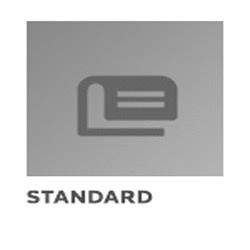Cart 0 Product Products (empty)
No products
To be determined Shipping
$0.00 Total
Product successfully added to your shopping cart
Quantity
Total
There are 0 items in your cart. There is 1 item in your cart.
Total products
Total shipping To be determined
Total
New Reduced price!  View larger
View larger
 View larger
View larger IES LM-66-00
M00000206
New product
IES LM-66-00 Electrical and Photometric Measurements of Single-Ended Compact Fluorescent Lamps
standard by Illuminating Engineering Society, 02/01/2000
In stock

